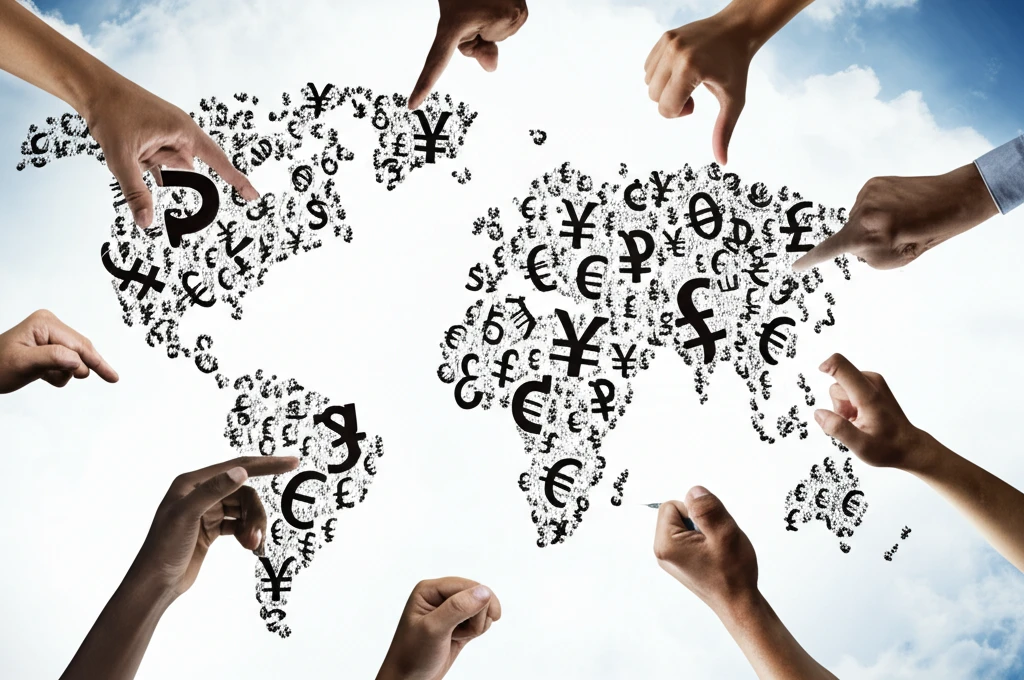
Decoding Public Diplomacy: How Economic Messaging Shapes Global Influence
"A deep dive into RT's Facebook strategy reveals how economic narratives and global events intersect to sway public opinion."
In our interconnected world, economic events resonate deeply in people's lives, influencing national and international dynamics. This creates opportunities for public diplomacy, where governments seek to engage foreign audiences and shape opinions. A key player in this field is Russia Today (RT), a media outreach platform that uses economic messaging to connect with global citizens. This analysis explores how RT uses its Facebook accounts to promote particular viewpoints.
RT's strategy is built on economic messaging, which captures audience attention and influences attitudes on critical issues. From gas prices to currency values, these messages play a crucial role in shaping public perceptions. By understanding RT's approach, we can gain insights into the broader role of economic narratives in international relations and public opinion.
This article analyzes five years of RT's Facebook activity across non-Russian language accounts. It examines the topics most often discussed and explores how shifts in economic indicators, such as currency values and oil prices, correspond to changes in RT's messaging strategies. The goal is to reveal how economic messaging is used as an audience targeting strategy.
RT's Facebook Economic Messaging: A Five-Year Overview

A study of RT's Facebook posts from 2018 to 2023 reveals that approximately seven percent of its content focuses on economic topics. Key themes emerge from this extensive data set. Recent News Headlines tops the list, covering a wide array of global issues that touches on the economy and society, while US-Russia-Ukraine Sanctions comes in second. RT's Facebook pages address everything from the impact of Covid 19 pandemic and the economic impact.
- Recent News Headlines: Discusses broad economic and societal events, including concerns about global currencies and national economic policies.
- US-Russia-Ukraine Sanctions: Underscores the economic consequences of U.S.-led policies against Russia, positioning these as a threat to the global population.
- City Crisis Protest and Disaster: Connects global events with economic ramifications, covering protests, natural disasters, and their effects on local economies.
- Bitcoin Cryptocurrency Value: Details the landscape of cryptocurrencies, including significant heists, religious perspectives on crypto trading, and geopolitical implications.
- Middle East Wars and Conflict: Focuses on geopolitical instability, particularly in Afghanistan, covering the economic aspects of military engagements and their aftermath.
Implications for Understanding Global Narratives
This exploration of RT's economic messaging on Facebook provides insights into how economic narratives are used in public diplomacy. The blending of broad economic themes with targeted, localized content highlights the complexities of international communication. By understanding these strategies, governments, media organizations, and citizens can better navigate the narratives that shape global public discourse.
